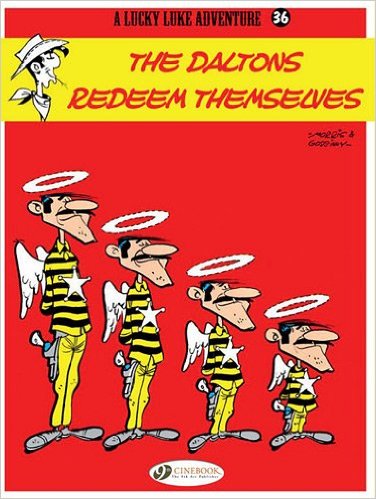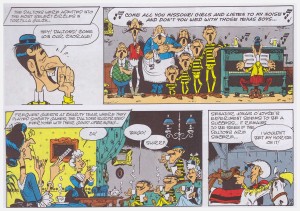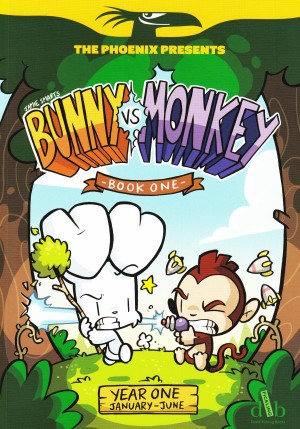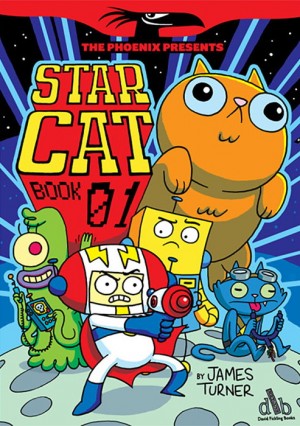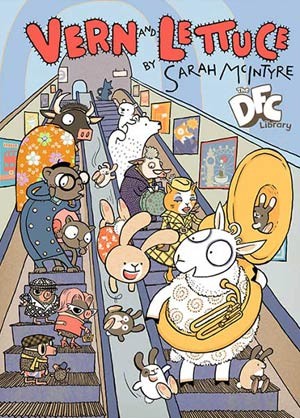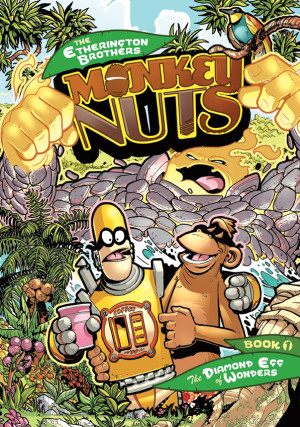Review by Karl Verhoven
The Daltons Redeem Themselves dates from 1965, and although this is labelled volume 36 on the cover, that’s only relevant as the Cinebook release schedule. That seems to dip randomly into the 82 books so far published in France for each successive story, with no particular plan in mind.
When asked by the Supreme Court to name the most infamous bandits in the West, Lucky Luke has no hesitation: “The Daltons your Honour. They’re beastly, mean, irredeemable to polite society and without a hint of human decency.” They’d be so proud were they there to hear it. The reason for the Court’s interest is a concern that they’re failing the criminal element as there’s no system of education or reformation. Under a trial plan, these rogues will be set free, and if they manage to refrain from even the most minor infraction for an entire calendar month then their freedom will be confirmed by a pardon. Luke isn’t convinced this will have any effect, but has enough respect for the system to act as mentor to the freed Daltons.
Compared with other Lucky Luke books, this takes a time to warm up. The initial gags are laboured, and the recurring ‘joke’ of inept bloodhound Rin Tin Can attempting to remember who Luke is wears very threadbare. However, around a third of the way through the book writer René Goscinny wakes up and, the Rin Tin Can joke apart, delivers the fast-paced confusion more associated with Lucky Luke.
Among some highlights here are the Daltons running a bank, Averell’s continuous attempts to open a safe, and the attempts of these recidivist rogues attempting to feign sincerity and resist their natural inclinations. The conclusion is inevitable, but Goscinny sets it up in an amusing manner.
At the time he drew this book, Morris was already a twenty year veteran, and wasn’t even halfway through his time on Luke. He’s excellent, knowing when to slip into manic exaggeration and when to play it straight. The featured illustration of the barbershop octet is fantastic, as if etched from a 19th century daguerreotype, yet supplied as if genuine and all the funnier for it.
The next volume by Cinebook’s reckoning is Fingers, actually published eighteen years later, but chronologically it’s The 20th Cavalry.
